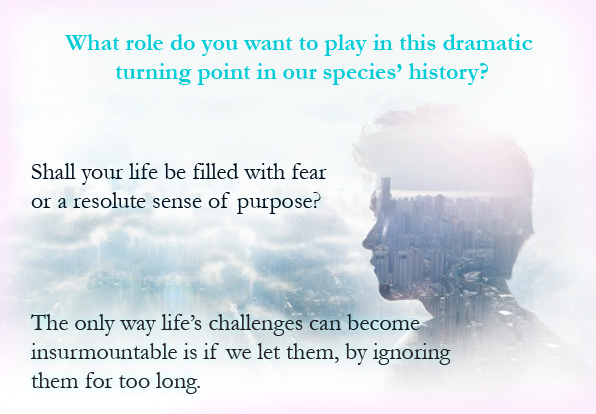“The rich developed societies have reached a turning point in human history. Politics should now be about the quality of social relations and how we can develop harmonious and sustainable societies.”
The Equality Trust, based on the work of Professors Richard Wilkinson and Kate Pickett, reached this summary after analyzing data showing that societies with greater inequality between rich and poor are far more unhealthy than societies with a more equal income distribution.
More Unequal = More Problems
The study shows that:
- More unequal societies have more problems with general health, mental illness, infant mortality, drug use, obesity, imprisonment rates, teenage pregnancies and homicides.
- More equal societies have better education and general health, more innovation, higher social mobility and more trust.
The slides and their titles (some listed below) show in more detail how societies with bigger gaps between rich and poor are generally more unhealthy societies than more equal societies:
- Health and social problems are worse in more unequal countries
- Health and social problems are not related to income in rich countries
- Health and social problems are worse in unequal US states
- Health and social problems are only weakly related to average income in US states
- Child well-being is better in more equal rich countries
- Child well-being is unrelated to average incomes in rich countries
- Levels of trust are higher in more equal rich countries
- Levels of trust are higher in more equal US states
- The prevalence of mental illness is higher in more unequal rich countries
- Drug use is more common in more unequal countries
- Life expectancy is longer in more equal rich countries
- Infant mortality rates are higher in more unequal countries
- More adults are obese in more unequal rich countries
- Educational scores are higher in more equal rich countries
- More children drop out of high school in more unequal US states
- Teenage birth rates are higher in more unequal rich countries
- Teen pregnancy rates are higher in more unequal US states
- Homicide rates are higher in more unequal rich countries
- Homicide rates are higher in more unequal US states
- Children experience more conflict in more unequal societies
- Rates of imprisonment are higher in more unequal countries
- Rates of imprisonment are higher in more unequal US states
- Social mobility is higher in more equal rich countries
- Overdeveloped countries? High life expectancy can be achieved with low carbon dioxide emissions
- More equal countries rank better on recycling
Unequal Societies = People Being More Self Interested, Less Public Spirited, Less Concerned With The Common Good
“Because inequality increases status competition, it also increases consumerism. People in more unequal societies work longer hours because money seems even more important.
Because inequality harms the quality of social relations (increasing violence, reducing trust, cohesion and involvement in community life), people become more self-interested, less public spirited, less concerned with the common good.”
Taken from the presentation to The Spirit Level: Why Equality Is Better For Everyone by Richard Wilkinson and Kate Pickett, p. 34
Equal Societies Benefit Everyone, Rich & Poor
“Almost everyone benefits from greater equality.
Usually the benefits are greatest among the poor but extend to the majority of the population.”
Taken from the presentation to The Spirit Level: Why Equality Is Better For Everyone by Richard Wilkinson and Kate Pickett, p. 23
Richard Wilkinson & Kate Pickett: Why Greater Equality Makes Stronger Societies
Talk discussing the above data and arguments in more detail recorded January 8, 2010 at Hogness Auditorium, University of Washington, Seattle.
Richard Wilkinson: How Economic Inequality Harms Societies [TED Talk]
Professor Richard Wilkinson discussing the above study with an emphasis on the UK, one of the countries ranking high in inequality.
Further Reading:
- The Equality Trust Briefing – Summarizes the results of the above study, explaining simply in 2 pages: Why does greater equality benefit society? What are the benefits of greater income equality?
- The Evidence In Detail – Graphs and detailed research that links ills of society to economic inequality, at The Equality Trust
- The Spirit Level: Why Greater Equality Makes Societies Stronger – book authored by Professors Richard Wilkinson and Kate Pickett based on the above research
Image: People at the Museum by ancawonka on Flickr







![Global Interconnection Between People And Nations – A Fact Of Life [TED Talk]](/wp-content/uploads/2012/09/paddy-ashdown.jpg)




















